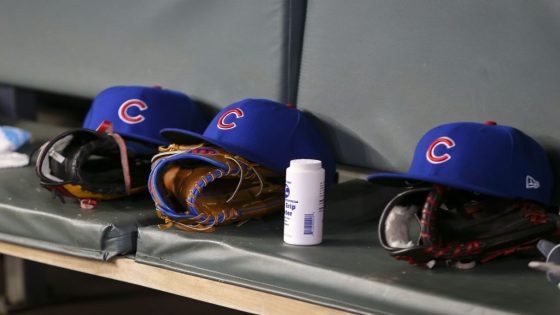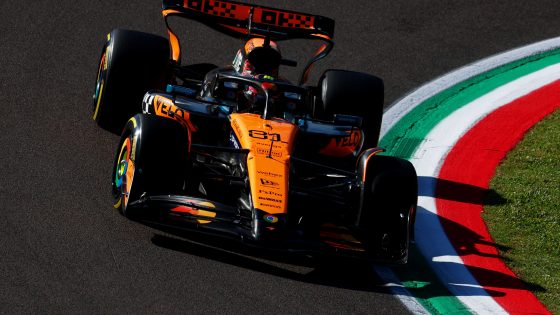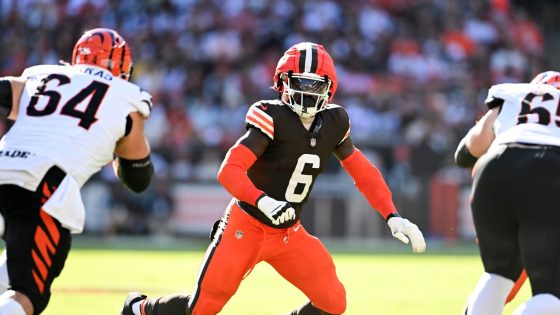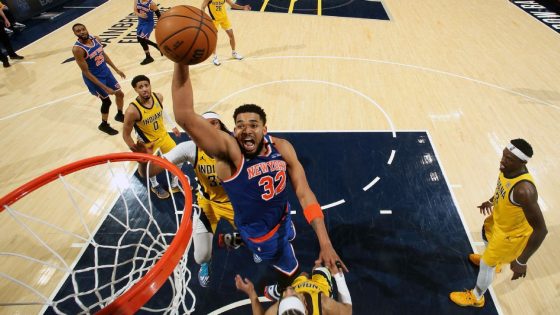The Indianapolis 500 took a dramatic turn on May 26, 2025, when runner-up Marcus Ericsson faced penalties that reshaped the race results. Following postrace inspections, both Ericsson and his Andretti Global teammate Kyle Kirkwood were found to have unapproved modifications, leading to significant repercussions for their performances.
- Ericsson penalized to 31st place finish
- Kirkwood relegated to 32nd position
- Unapproved modifications affected aerodynamic efficiency
- Teams fined $100,000 for violations
- Competition managers suspended for upcoming race
- Previous inspection issues with Team Penske cars
Ericsson, who initially finished second behind Álex Palou, was relegated to a 31st-place finish, while Kirkwood dropped from sixth to 32nd. The modifications, related to the Energy Management System covers provided by Dallara, violated the series’ strict regulations, and this incident has raised questions about the integrity of the competition.
This situation underscores the ongoing challenges in maintaining fair play within high-stakes racing. How do teams balance innovation with compliance? The recent penalties may prompt teams to rethink their strategies moving forward.
- Ericsson and Kirkwood lost prize money and championship points.
- Both cars were fined $100,000, and team managers face suspensions.
- Callum Ilott’s car also failed inspection, resulting in a last-place finish.
- Previous infractions by Team Penske raised further concerns about technical compliance.
As the racing community looks ahead to the next event in Detroit, fans will be eager to see how these developments influence team strategies and race outcomes. Will teams adopt a more cautious approach, or will they continue to push the boundaries?































